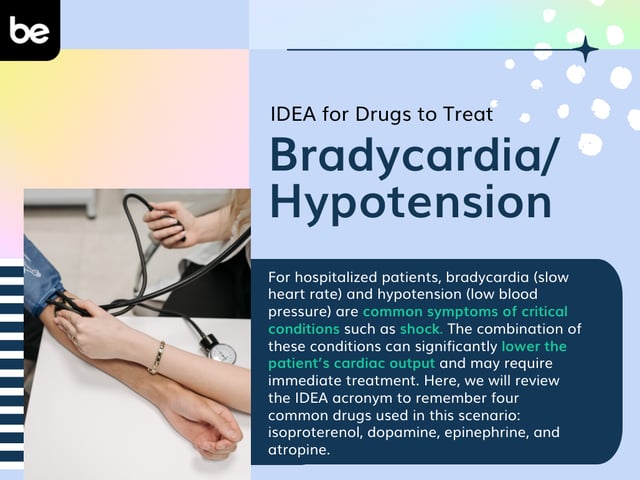
Left-Sided Heart Failure: DO CHAP
Left-sided heart failure is the most common type of heart failure, and it occurs when the left ventricle is unable to pump blood out of the heart. This often causes fluid buildup in the lungs, leading to right-sided heart failure. Thus, catching left-sided heart failure symptoms early is crucial. Here, we will review an acronym that can help you remember the symptoms of left-sided heart failure: DO CHAP.
D: Dyspnea
Patients who have left-sided heart failure may present with dyspnea, or difficulty breathing, because of the fluid buildup in the lungs. This may occur after mild or moderate physical activity, but in more severe cases, the patient may have dyspnea at rest.
O: Orthopnea
Patients may also present with orthopnea, or difficulty breathing when lying flat because of the fluid buildup in the lungs. This may be particularly noticeable when the patient sleeps. When the patient sits up or is propped up with pillows, they are usually able to breathe more easily.
C: Cough
In early left-sided heart failure, the cough is usually dry and non-productive but often nagging. As the heart failure worsens and thus the pulmonary congestion worsens, the patient may cough up frothy and/or bloody sputum.
H: Hemoptysis
A patient with severe left-sided heart failure may experience hemoptysis, which is coughing up of blood-tinged, pink sputum.
A: Adventitious Breath Sounds
As fluid continues to build up in the lungs, you may be able to auscultate or hear crackling or rales in areas of the lungs.
P: Pulmonary Congestion
As the left side of the heart is unable to eject blood sufficiently, this will back up into the pulmonary veins. In an effort to relieve pressure, fluid will leave the veins and enter the lungs, leading to fluid buildup in the lungs, or pulmonary congestion.

Keep Reading

National Council Licensure Examination-Registered Nurse Blog
What to Expect in Nursing School Clinicals
The clinical experience is a rite of passage for all nursing students, …

National Council Licensure Examination-Registered Nurse Blog
What is the NCLEX Next Generation (NGN) Exam?
If you’re interested in becoming a registered nurse, you likely know th…

National Council Licensure Examination-Registered Nurse Blog
IDEA for Drugs to Treat Bradycardia/Hypotension
For hospitalized patients, bradycardia (slow heart rate) and hypotensio…